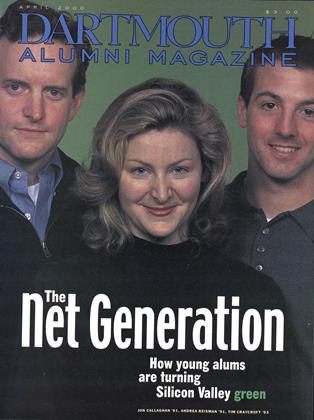Envy, Contagion and meltdowns
For further reading on overcoming violence, Professor Donald Sheehan recommends:
The Brothers Karamazov by Fyodor Dostoyevsky (translated from the Russian by Richard Pevear and Larissa Volokhonsky; Knopf, 1992). This book is defined by Dostoyevsky's understanding of what it takes to be and to have a brother—the task is to overcome all the contagions and sicknesses that we know as violent processes.
The Girard Reader by Rene Girard (Crossroads, 1996). Girard describes his own progress to his insights and how his personal experience led him to articulate his understanding of violence. The Theater of Envy (Oxford, 1991) is Girard's commentary on Shakespeare's understanding of envy-driven violence.
The Gospel of Mark. The issue of collective violence against a single person is most completely understood by the author of the Gospel—why it happens, what it looks like when it happens, and what it means not to participate in it. Reading the Gospels is what led Rene Girard to his discoveries.
Love Thy Neighbor: A Story of War by Peter Maass (Knopf, 1996). Maass was with The Washington Post in Bosnia in 1992 and 1993. He wrote this book about the horror stories that he saw and reported—and some that he couldn't report. He perfectly describes the violent dynamic that produced that area's meltdown.
Troil us and Cressida and The Winter's Tale, by William Shakespeare. Shakespeare is the world's greatest poet on the issues of envy and violence. Troius is his most theoretical play on the issued of the corrupting and corrosive influence of envy in relationships. The Winter's Tale shows the destructive violence of jealousy in a relationship—and the miracle of being able to `Overcome it.
Violence Unveiled: Humanity at the Crossroads by Gil Bailie (Crossroads, 1995). A wide-ranging and profound treatment of the anthropology of violence that is luminously accessible.
Sheehan
 View Full Issue
View Full Issue
More From This Issue
-
 Feature
FeatureIdea Entrepreneurs
April 2000 By JANE HODGES '92 -
 Feature
FeatureIt’s the Ideas, Stupid
April 2000 By KEITH H. HAMMONDS ’81 -
 Feature
FeatureHorton Hears a Heil
April 2000 -
 Cover Story
Cover StoryThe Net Generation
April 2000 By Jane Hodges ’92 -
 Article
ArticleThe Power of Philanthropy is the Power of Growth
April 2000 -
 SYLLABUS
SYLLABUSRewriting Violence
April 2000 By Courtney Cook Williamson ’93







